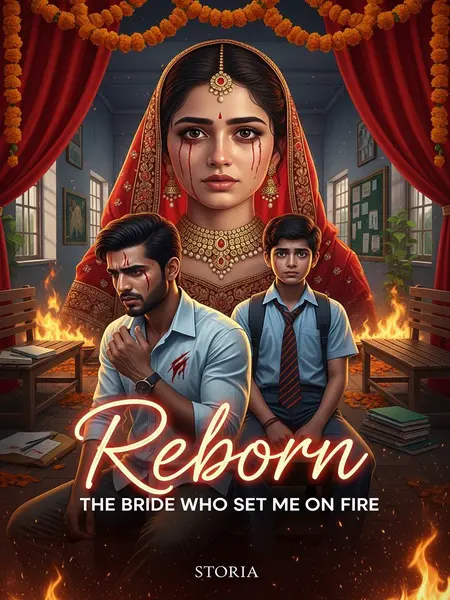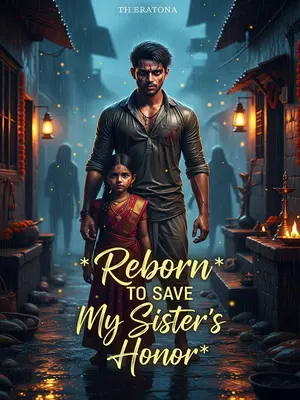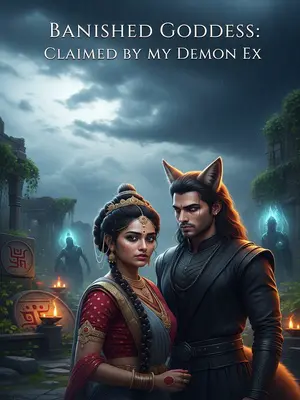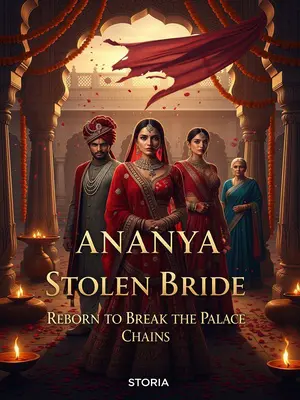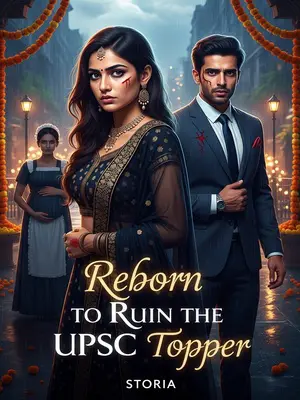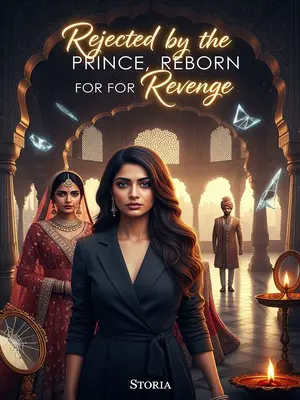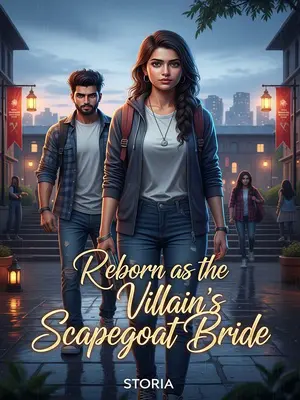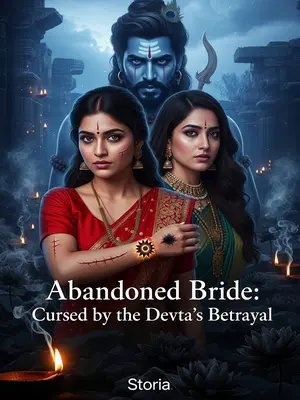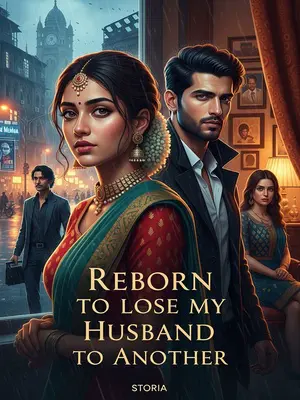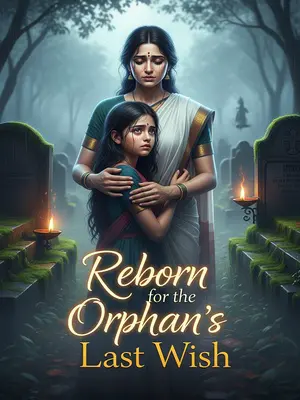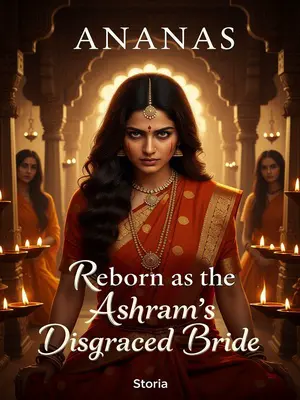Chapter 4: The Saviour Complex
Kabir was a sports quota student at our school—withdrawn, with a bad reputation.
He always sat alone at the back of the class, headphones in, scribbling on the last page of his textbook. Teachers would shake their heads, calling him 'nalayak,' but the boys admired his rebellious streak. There was something wild and untamed about him, like a street dog who’d learned to survive without kindness.
But he had a strikingly handsome face. The kind of face that made Ananya fall for him at first sight.
His skin was dusky, his jaw sharp, and his eyes—those eyes had a sadness that drew you in. The girls whispered about his dimples and how he looked like a Bollywood hero fallen on hard times. Even the strictest teachers couldn’t help but soften when he smiled.
She went crazy trying to get close to him.
Ananya, who had always kept her distance from boys, suddenly found excuses to walk past his classroom, to linger near the basketball court, pretending to look for her lost pen. She even started talking about sports—something she’d never cared for before.
In my previous life, I couldn’t resist her pleas and agreed to help her lie to her parents, letting her go out with Kabir without worry.
She would look at me with those pleading eyes, twisting her dupatta between her fingers, promising it was just a harmless outing. I told myself I was protecting her, but deep down, I think I just couldn’t bear to lose her.
After that, Kabir’s name was always on her lips.
Even when she was with me, her thoughts were elsewhere. Her conversations changed—no more silly jokes or complaints about homework. It was always about Kabir, Kabir, Kabir. I felt like a faded photograph in a world gone technicolour.
“I’ve never met anyone who carries so much sadness.”
She’d sigh, eyes distant, as if she could feel the weight of his loneliness. She talked about him the way one talks about tragic film heroes, as if loving him was an act of bravery.
“He’s so pitiful—lost his mother as a child, and his father’s a drunk.”
Ananya’s voice would tremble with emotion, and I’d see the resolve in her eyes—the same look she gave stray puppies she wanted to adopt. She saw herself as his saviour, his only hope.
“He has no sense of security. He said I’m his only light, that I lit up his world.”
I wanted to shake her, to remind her of all the times she’d found light in simpler things—her mother’s hugs, stolen kulfis, the silly jokes we shared. But Kabir’s pain became her obsession.
Hearing this, I felt jealous but helpless.
I tried to smile and nod, but inside I was drowning. My chest felt tight, and I’d find myself staring out of the window, counting the number of pigeons on the ledge just to distract myself.
Later, Ananya gradually drifted away from me, becoming inseparable from Kabir.
She stopped waiting for me after school. Our walks home became hers alone. Her laughter belonged to someone else now, and all I could do was watch from a distance, my heart breaking bit by bit.
She started skipping classes, and even skipped the first pre-board for him.
Rumours swirled around the school, but Ananya didn’t care. She’d sneak out during lunch, her uniform untucked, her hair wild, not bothering to explain herself to anyone anymore.
Until I saw the school’s goddess, looking satisfied, holding Kabir’s arm, coming out of a dingy, messy lodge near the railway station.
That image is burned into my memory—the peeling paint, the cigarette butts littering the ground, and Ananya, her hair dishevelled, her cheeks flushed, clinging to Kabir as if he was all she had left in the world.
That night, when her parents asked where she was, I finally told them the truth.
I sat at the dining table, the dal growing cold in my bowl, unable to meet her mother’s eyes. When I finally confessed, her father’s hand slammed down so hard on the table that the water glasses rattled. My own mother shook her head in disbelief, whispering, 'Yeh ladki ka kya hoga?'
Ananya’s parents went ballistic, stormed into the school, and even threatened to call the police.
The next morning, the principal called a meeting. The teachers, her parents, Kabir’s father—everyone’s voices rising, accusations flying like arrows. Someone suggested calling the police, and Ananya’s mother broke down, sobbing quietly in the corner. The colony buzzed with gossip for days.
Kabir’s father snapped and beat him up—no one could stop him.
The neighbours said the beating could be heard down the lane. Kabir didn’t even cry out—he just took it, jaw clenched, eyes blank. No one dared to intervene, not even the watchman. The next day, his father was seen drinking on the terrace, cursing the world.
After that, Kabir disappeared from our youth.
It was as if he had never existed. His name became a cautionary tale whispered by mothers to their daughters: 'Don’t end up like that Ananya.' The school gates felt emptier, the air heavier.
Everything seemed to return to normal.
Or so it seemed. But beneath the surface, something fundamental had broken. Ananya moved through her days like a ghost, and I found no joy in the small victories I once cherished.
Years later, Ananya and I got married.
It was a typical Indian wedding—bright lights, endless relatives, trays of laddoos and jalebis, the scent of marigolds everywhere. Our parents beamed with pride, the pandit chanted mantras, and our friends teased us with old inside jokes. For a moment, I let myself believe the past was truly behind us.
At the wedding, a high school classmate got drunk and laughed, "Do you guys remember Kabir? After he dropped out, he started hanging out at clubs, got into trouble, and was eventually hacked to death by a rich woman’s husband. It was even on the news—did you see?"
The laughter turned awkward as the words hung in the air. Someone changed the topic, but not before I saw Ananya’s face drain of colour. The clink of glasses and chatter seemed to fade as we all realised the weight of what had just been revealed.
Ananya’s face went pale.
She looked like she’d seen a ghost—her hands shook, her lips parted in shock. Her kohl-lined eyes filled with unshed tears, and she pressed her hand to her mouth to stifle a gasp. The rest of the evening passed in a blur, but I could feel her watching me, silent accusations burning in her gaze.
That night, while I was drunk, she set our bridal suite on fire.
The room was decked with flowers, but the air was tense, heavy with unspoken things. I barely remember the click of the lighter, the sudden burst of heat. The flames licked the edge of the bedsheet, climbing up the curtains, and the acrid smell of burning fabric filled my lungs.
“You killed him. I could have saved him. He and I could’ve had a great future.”
Her words were sharp as glass. She stood over me, face twisted in grief and rage, her bangles jangling as she gestured wildly. I could barely move, my head spinning from drink and disbelief.
“I only married you because I was done playing around and needed someone to settle for. Rohan, bas, tumhara toh koi stand hi nahi hai.”
She spat the words out, as if they tasted foul in her mouth. Her eyes, once so soft, now blazed with contempt. It was as if all her dreams had turned to ash, and she blamed me for every last bit.
“Every day with you was torture. Now, I’m finally free, hahaha.”
Her laughter echoed, wild and broken, bouncing off the scorched walls. I shrank away, unable to reconcile this woman with the girl I’d loved all my life.
“Now, go to hell and atone for your sins.”
She hurled the words at me like a curse, and in that moment, I knew I’d lost her forever. The heat of the fire pressed against my skin, and the smoke made it impossible to breathe.
The flames illuminated her twisted face.
Her features flickered in and out of the orange glow, monstrous and beautiful all at once. I saw not just her anger, but all the pain and regret we had built together, burning away in the fire’s light.
I never imagined that because of Kabir, she had hated me for so many years.
As her hysterical laughter echoed, I lost consciousness.
Maybe God heard my silent plea and gave me a chance to start over.
In those final moments, I begged the universe—let me go back, let me make it right. Somewhere between pain and darkness, my prayer was answered.
This time, I won’t make the same mistakes.
